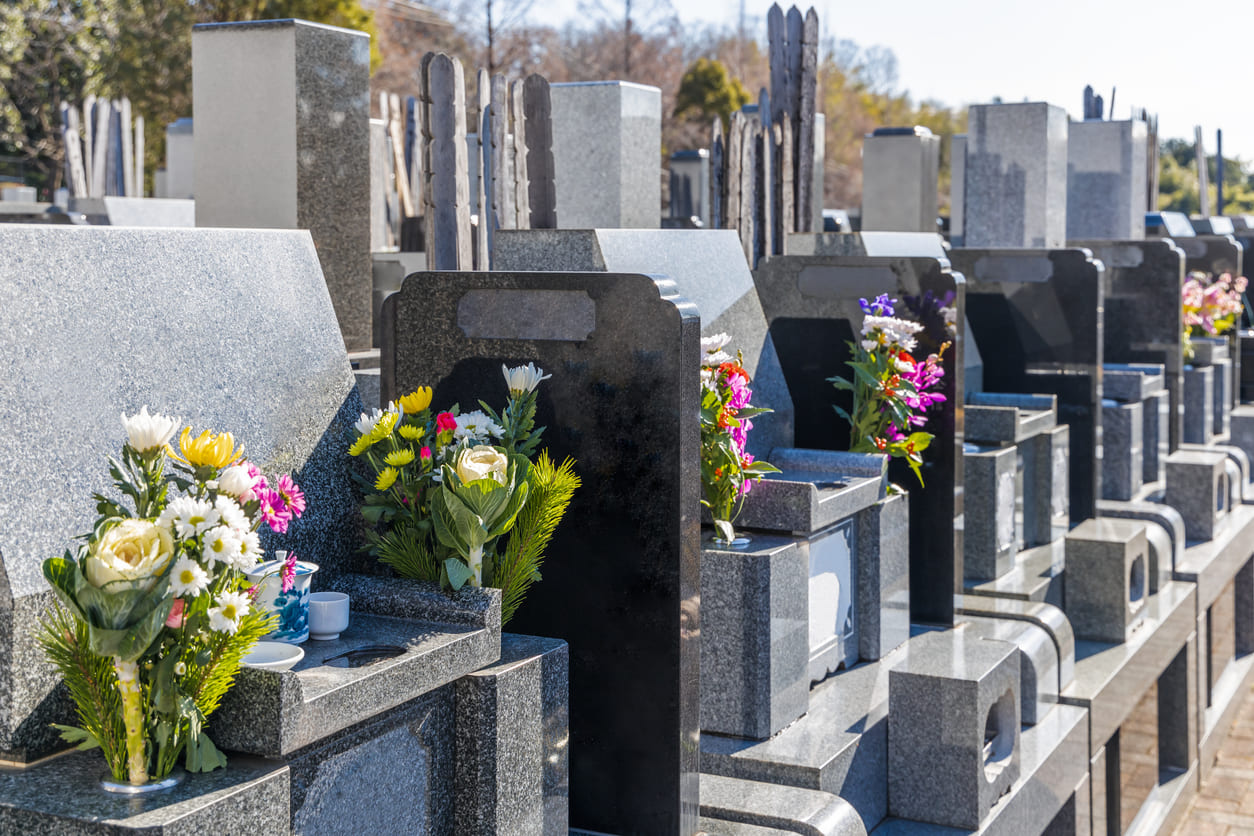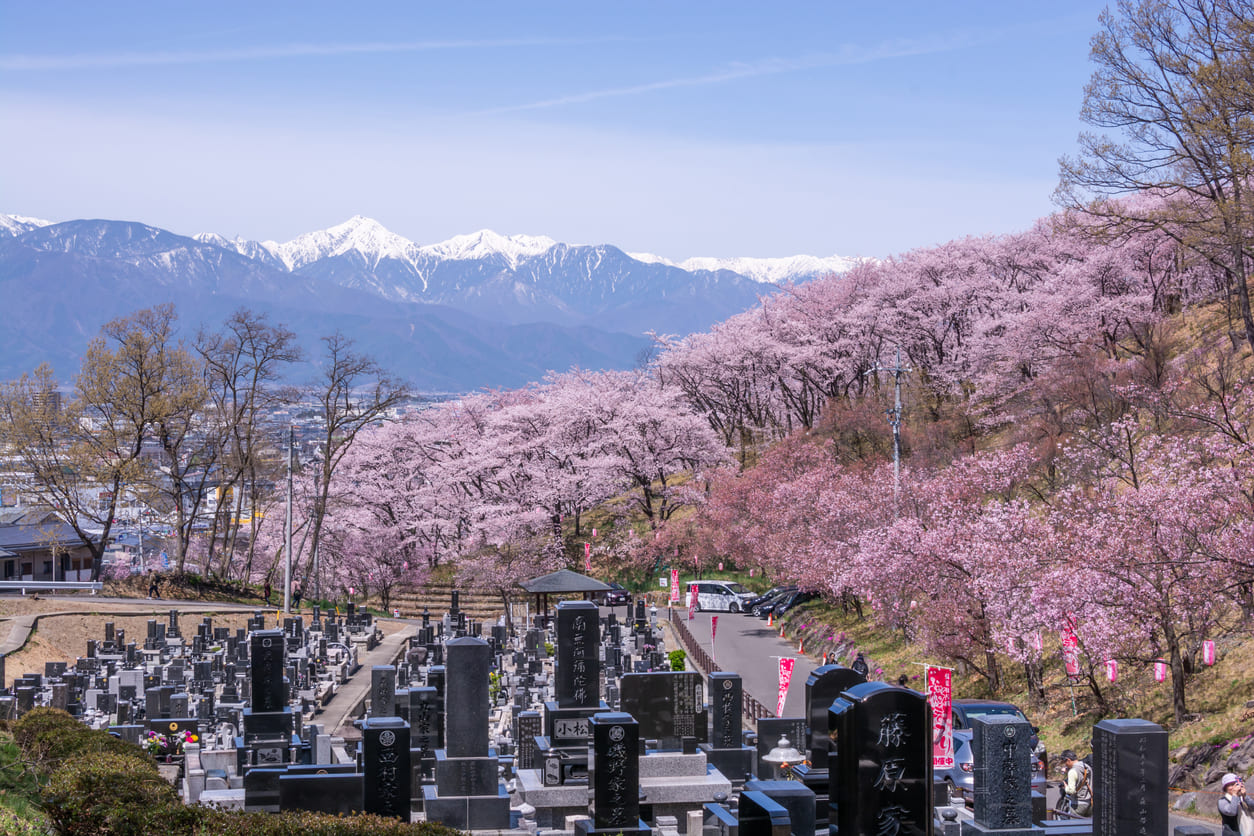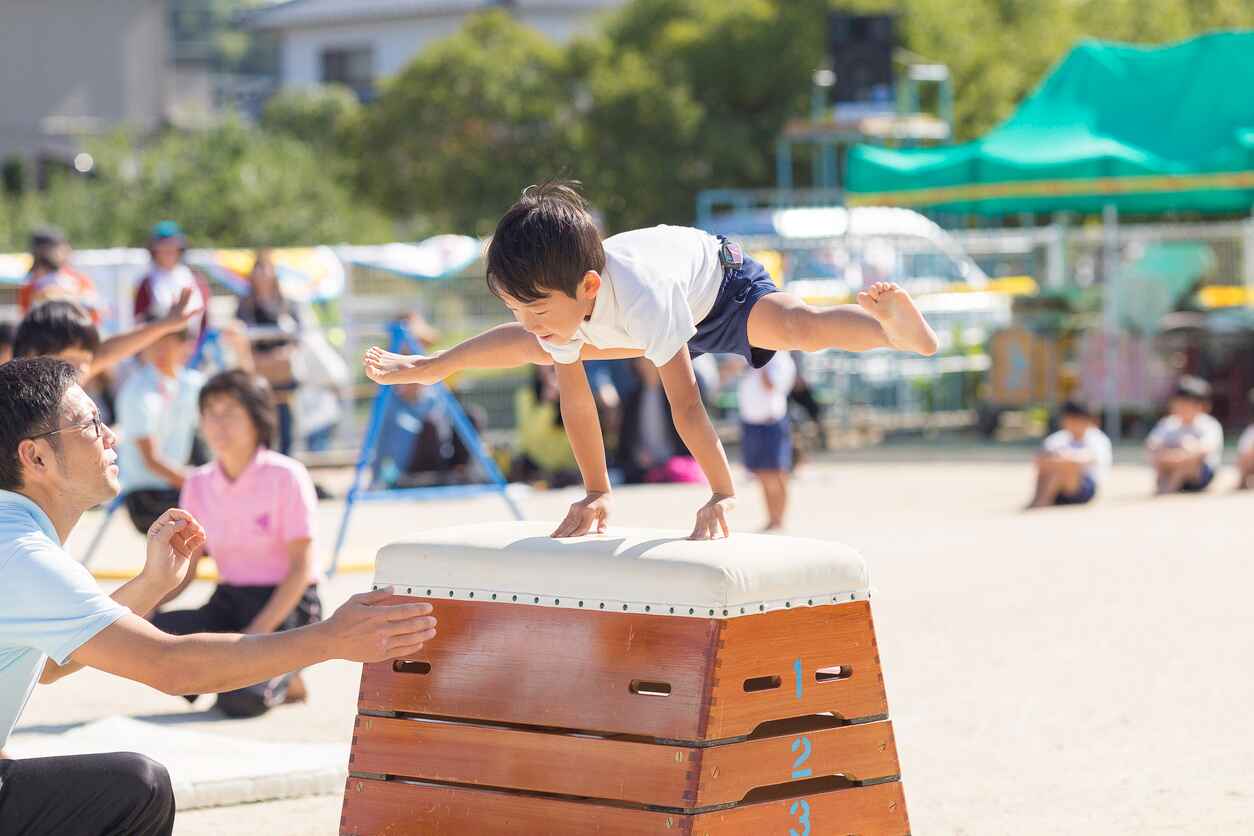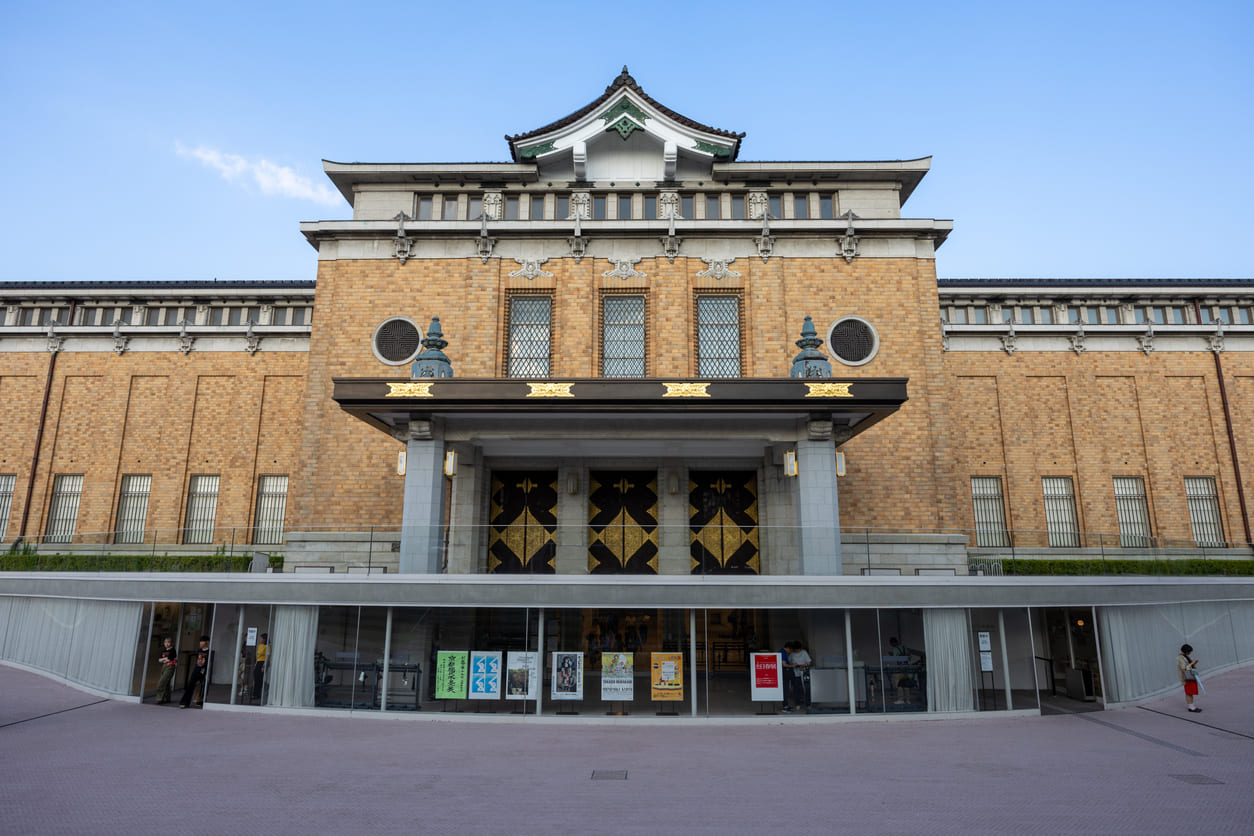Dates of Autumn Equinox in Japan
| 2026 | Sep 23 |
| 2025 | Sep 23 |
| 2024 | Sep 22 - Sep 23 |
Related Holiday in Japan
Japan Holiday Calendars
The Autumn Equinox marks the transition to shorter days and cooler weather, and is a time to honor ancestors and reflect on nature's balance. Families visit graves, offer seasonal foods, and appreciate the changing colors of the season.
Autumn Equinox: A Public Holiday?
The Autumn Equinox (Shūbun no Hi) is a national public holiday in Japan, when most schools, offices, and businesses close as people honor their ancestors and reflect on the beauty and balance of the changing seasons.

Autumn Equinox
The Autumn Equinox, known as Shūbun no Hi, is a national holiday in Japan that falls around September 22 or 23, depending on the year. The date marks the moment when day and night are nearly equal in length, symbolizing balance in nature. The holiday has its roots in ancient Buddhist and Shinto customs, where people honored the spirits of their ancestors and gave thanks for the harvest.
During the Meiji period, the Autumn Equinox was part of an imperial ceremony. However, after World War II, Japan redefined it as a secular public holiday in 1948. The focus shifted from imperial rituals to personal and family reflection. It became a time to appreciate nature, visit family graves, and pray for harmony. Today, Shūbun no Hi remains a meaningful day, connecting seasonal change with spiritual practice and family traditions. It reflects both Japan's deep respect for nature and its cultural value of remembering the past.
Observance of Autumn Equinox in Japan
The Autumn Equinox is a quiet and reflective holiday in Japan. Many families use this time to visit their ancestral graves, clean the sites, and leave offerings such as flowers, incense, and seasonal foods. This practice is part of a Buddhist tradition called ohigan, observed during both the spring equinox and autumn equinox. People believe that during these times, the barrier between the living and the spiritual world is thinner, making it ideal for honoring the departed.
Along with visiting graves, families often spend time together at home. Seasonal dishes like botamochi (sweet rice cakes with red bean paste) are prepared and shared. The day also serves as a moment to appreciate the natural beauty of autumn. Many people go for walks, visit parks, or enjoy viewing the early autumn leaves. The balance between day and night on this day symbolizes harmony, making it a time for peaceful reflection on both life and nature.
The importance of Shūbun no Hi lies in its blend of spiritual, seasonal, and familial meaning. It reminds people to pause and appreciate what they have, to connect with loved ones, and to show respect to those who came before them. In a modern society that moves quickly, the Autumn Equinox offers a meaningful opportunity to slow down and reflect. It also reinforces the Japanese value of living in tune with nature and maintaining family bonds. Though simple in its observance, the holiday carries a quiet depth that continues to resonate across generations.
Autumn Equinox Observances
| Year | Date | Weekday | Name | Holiday Type |
|---|---|---|---|---|
| 2024 | Sep 22 | Sun | Autumn Equinox | National Holiday |
| Sep 23 | Mon | Autumn Equinox observed | National Holiday | |
| 2025 | Sep 23 | Tue | Autumn Equinox | National Holiday |
| 2026 | Sep 23 | Wed | Autumn Equinox | National Holiday |
| 2027 | Sep 23 | Thu | Autumn Equinox | National Holiday |
| 2028 | Sep 22 | Fri | Autumn Equinox | National Holiday |



